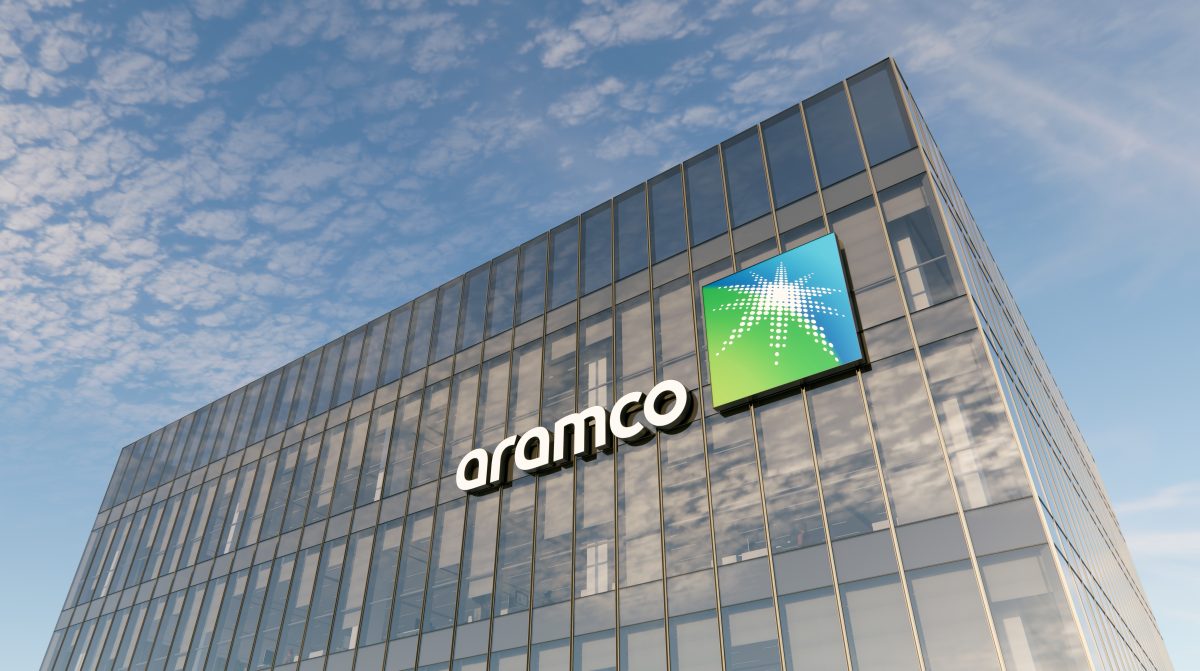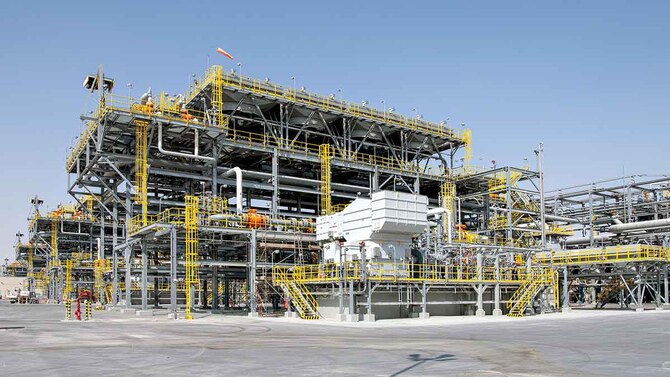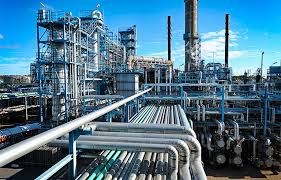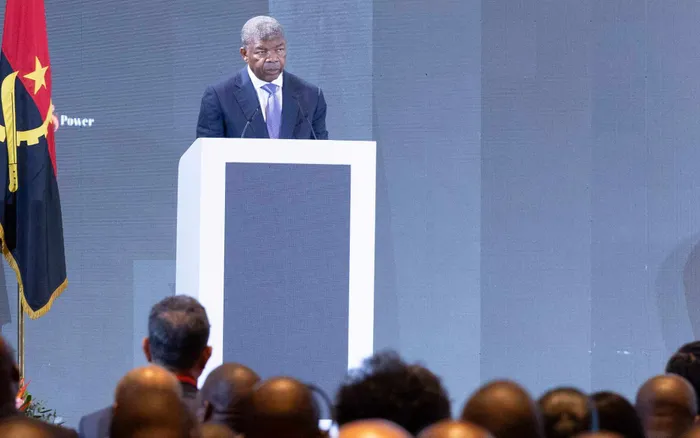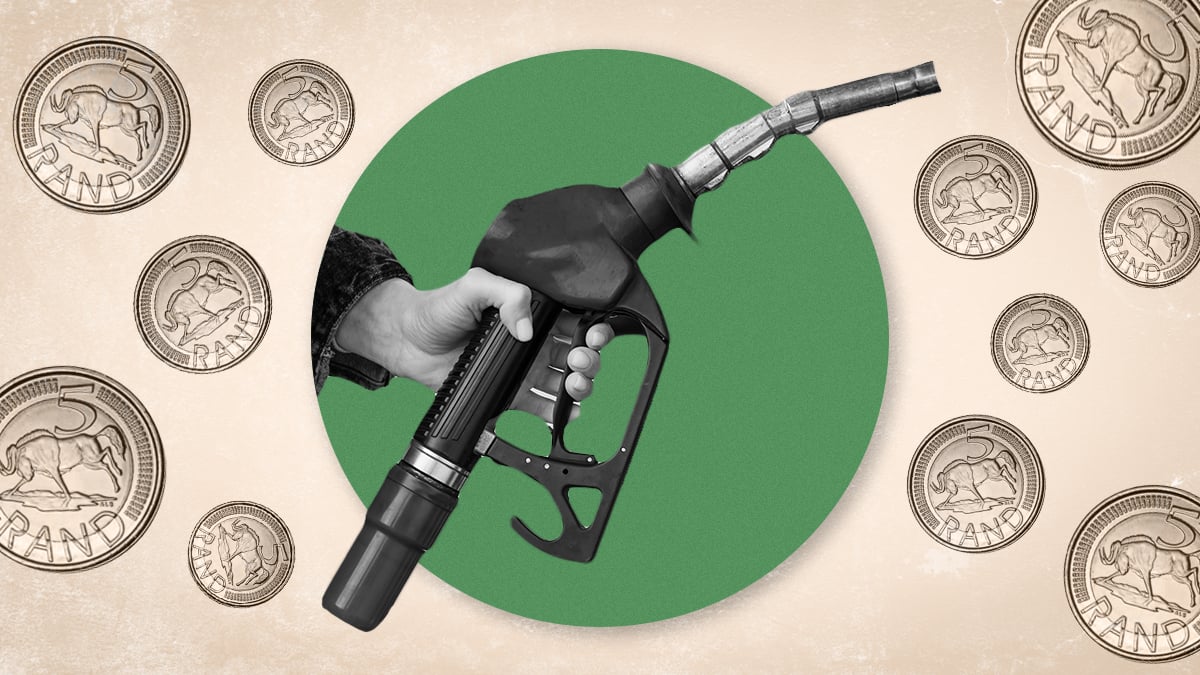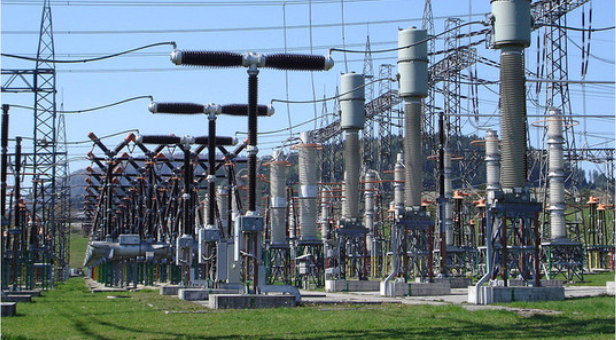Storage

Saudi Arabia Strengthens Position in Global Battery Energy Storage Market
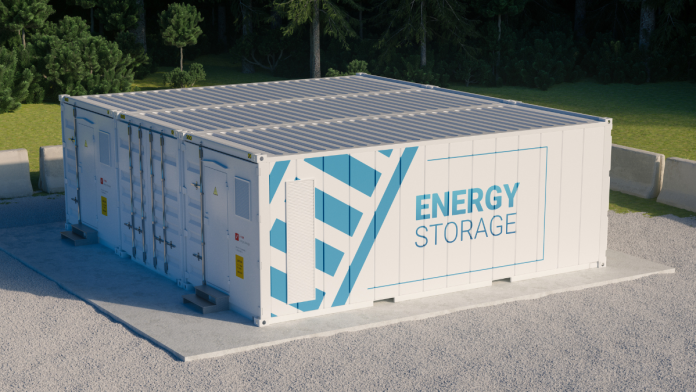
Saudi Arabia has firmly established itself among the world’s top ten battery energy storage markets with the commissioning of the 500 MW/2,000 MWh Bisha Battery Energy Storage System (BESS), located in the southwestern province of ‘Asir. This project, one of the largest of its kind in the Middle East and Africa, is a significant step in the country’s efforts to enhance its energy storage capabilities.
Owned by Saudi Electric Company (SEC), the Bisha BESS consists of 122 prefabricated storage units. These units were designed and supplied by China’s BYD, each featuring a 6 MW power conversion system and four lithium iron phosphate (LiFePO4) battery modules with a capacity of 5.365 MWh. This modular configuration not only optimizes space but also improves the integration of the overall system.
In a strategic expansion of its energy storage initiatives, SEC has entered into agreements with BYD Energy Storage for additional projects totaling 12.5 GWh. Combined with the ongoing 2.6 GWh project, this collaboration will provide a total of 15.1 GWh of storage capacity.
Projections suggest that Saudi Arabia aims to operate 8 GWh of energy storage projects by 2025 and 22 GWh by 2026, positioning the kingdom as the third-largest global market for energy storage, behind China and the United States. This rapid expansion aligns with the objectives of the National Renewable Energy Program, which focuses on diversifying energy sources and reducing dependency on fossil fuels.
Market analyses underscore the growth of the country’s energy storage sector, which generated $197.6 million in revenue in 2023. This figure is expected to surge to $1.693 billion by 2030, reflecting a compound annual growth rate (CAGR) of 35.9% from 2024 to 2030.
In addition to this energy storage boom, Saudi Arabia is investing strategically in the lithium supply chain, which is crucial for battery production. Saudi Aramco, in partnership with state-owned mining company Ma’aden, plans to begin commercial lithium production by 2027. This initiative is projected to meet the kingdom’s rising demand, which is expected to grow 20-fold between 2024 and 2030. The expansion is driven by the anticipated production of 500,000 electric vehicle batteries and the development of 110 gigawatts of renewable energy sources.
This investment in both energy storage and lithium production further solidifies Saudi Arabia’s position as a key player in the global energy transition.




